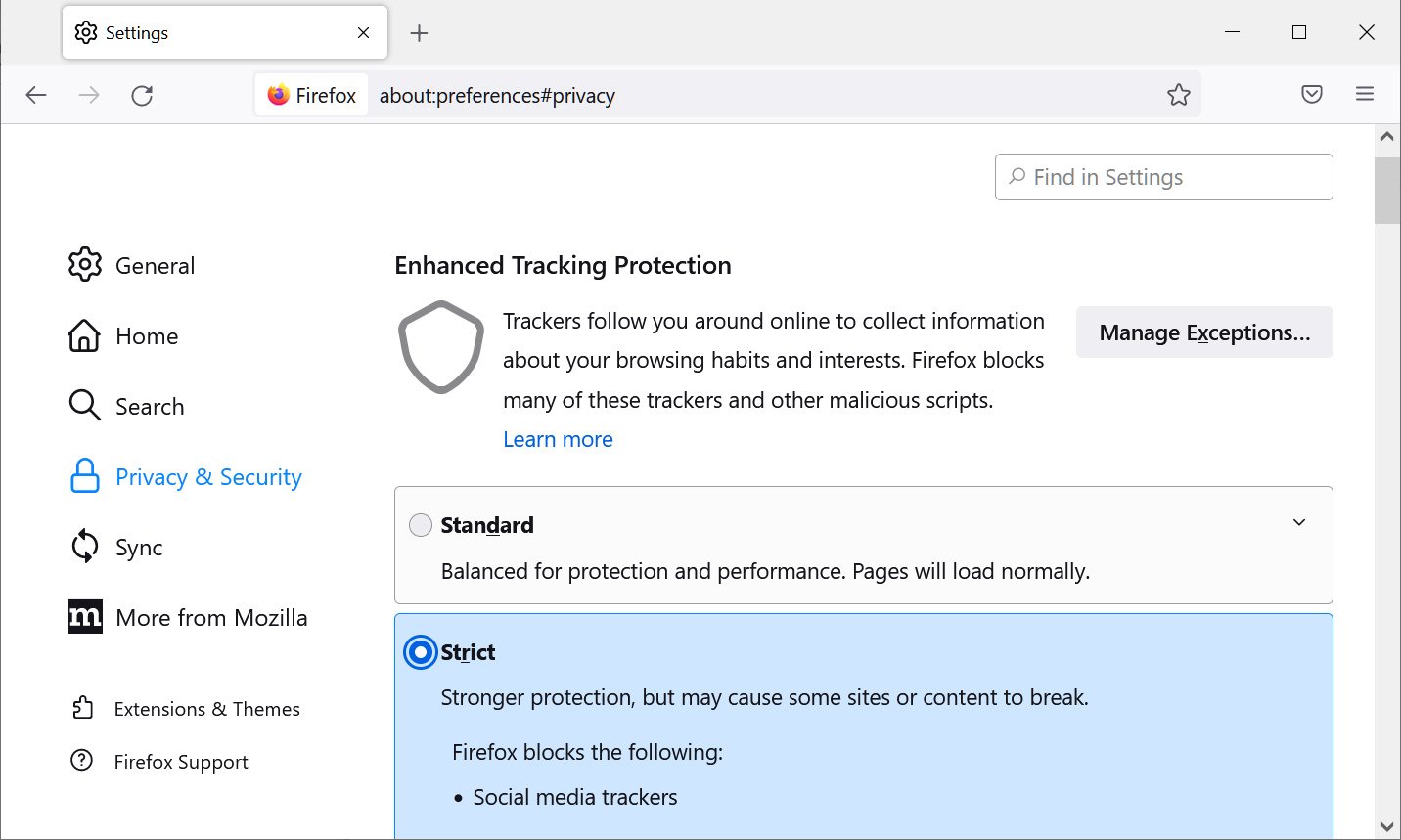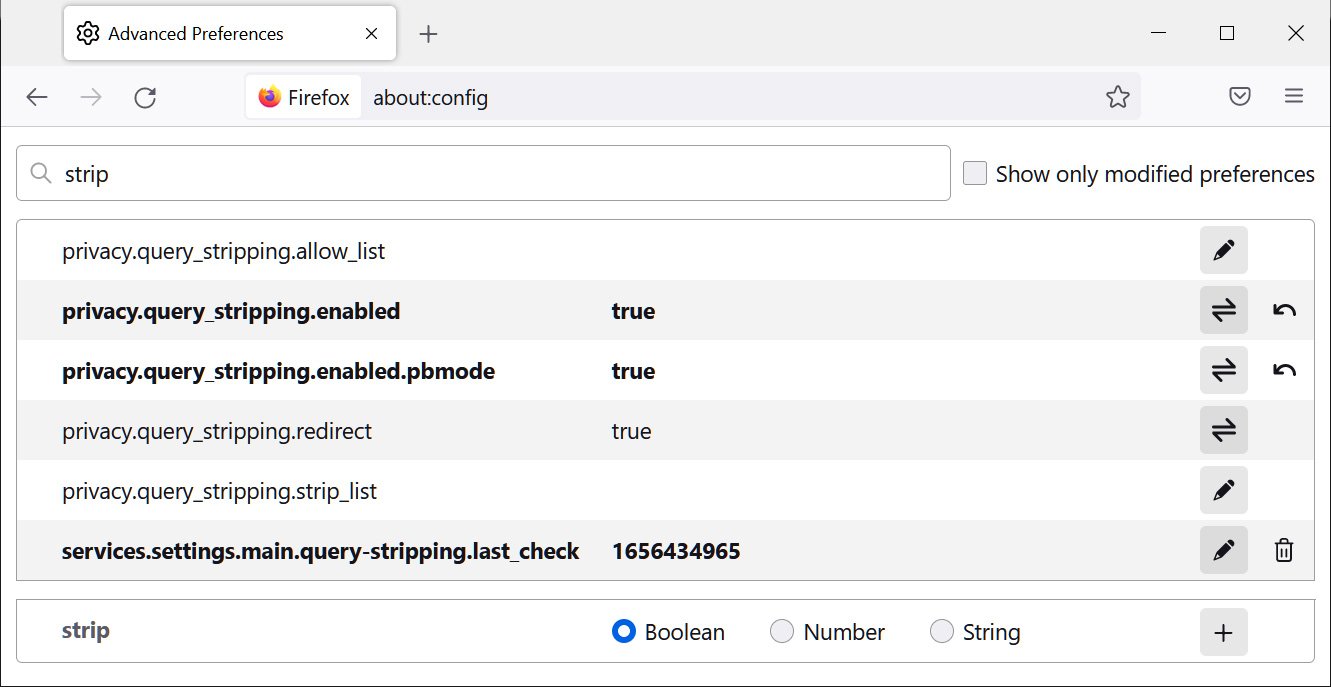Over the weekend, the Indonesian government began the task of blocking any website or service that had failed to register as part of new “internet control” laws. That ended up being a lot, including everything from Steam to the Epic Games Store to Nintendo Online to EA and Ubisoft’s platforms.
Indonesia’s Ministry of Communication and Information Technology (Kominfo) took the steps after the introduction of strict new laws, which the government says is part of a crackdown on anything appearing online that is “deemed unlawful,” and which would require any online service platform or provider hosting any such “unlawful” content to remove it within 24 hours (or four if it is deemed to be “urgent”).
In order to abide by those laws, international companies operating in Indonesia needed to have signed up by the weekend, and unsurprisingly given the sweeping powers at play, many have chosen not to, at least for now. As a response, non-participating services have been blocked to Indonesian IPs, which means alongside wider, more mainstream companies like PayPal and Yahoo, a host of gaming platforms have also been cut off.
While PayPal was temporarily reinstated (in order to allow customers to get their money off the platform), the gaming stores and platforms have remained dark since the weekend (the new law’s registration deadline passed on July 27).
As Global Voices sums up, these laws have been opposed both within and outside of Indonesia since they were first announced:
The mandatory registration of private electronic systems operators (ESOs) is stipulated in the Ministerial Regulation 5 (MR5) issued in December 2020. Its amended version, Ministerial Regulation 10 (MR10), was released in May 2021.
Both MR5 and MR10 have been consistently opposed by the media, civil society groups, and human rights advocates for containing provisions that pose a threat to freedom of expression.
Human Rights Watch have said of the laws:
MR5 is deeply problematic, granting government authorities overly broad powers to regulate online content, access user data, and penalize companies that fail to comply…Ministerial Regulation 5 is a human rights disaster that will devastate freedom of expression in Indonesia, and should not be used in its current form.
While this isn’t a market that’s normally in the headlines, this is important news, because with its large population (at 270 million it’s the fourth most-populous nation on Earth) Indonesia is a huge market for online services. As The Diplomat points out, “Indonesia remains one of the largest internet markets in the world, with the third-largest population of Facebook users and also comes in the top 10 for users of YouTube, TikTok, Twitter, Instagram, and WhatsApp.”
None of the services currently affected are banned; they’re technically just restricted until either they sign up to Kominfo or the law is modified (or repealed). Some of the companies that have signed up include Google, Roblox and Riot Games (League of Legends, Valorant). And while direct access to services like Steam are currently not available, Indonesian gamers are already reportedly getting around this by using a VPN.
Source: Indonesian Government Blocks Steam, Epic, Ubisoft & Nintendo


